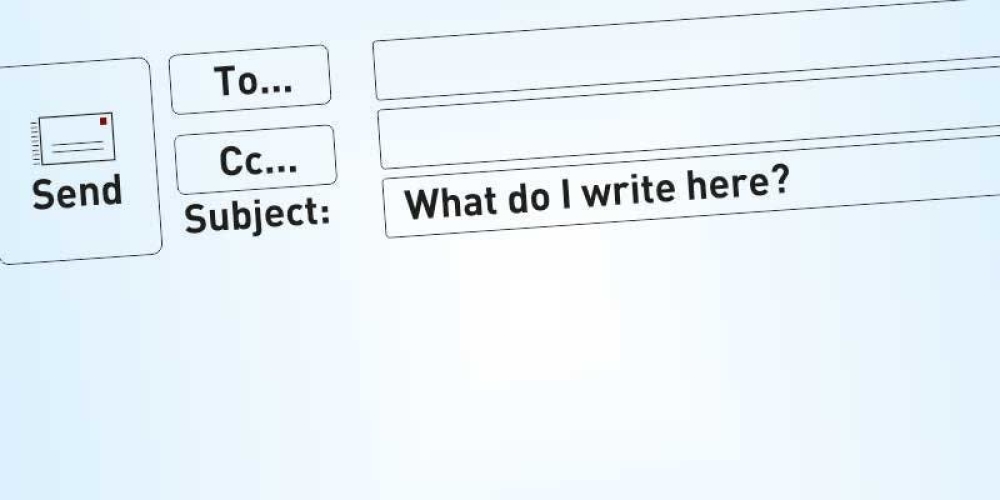Owning the subject
27 Jun 2018

We’ve all experienced the exasperation of email subject lines.
You slave for hours over one message. Writing it in different ways, changing the order, making it more active, or emotive, or succinct, or straightforward, or funny or… arrrgggghhhh!
But even worse than that? The moment you get one subject line approved, another one arrives on your task list. It’s a never-ending cycle that can lead to brain drain, frustration and questions like: ‘Why are we spending so much time doing subject lines when the average marketing email has an open rate of 14%?’
The answer is two-fold. First, it’s crucial for a brand to maintain communication with its consumers. Second, companies that get email right boast impressive results.
As a result, subject lines are going to remain a sizeable part of your job. This gives you two options: you can moan and underperform, or you can learn and excel. We suggest you do the latter, and to help you on this journey, here’s our expert guide to ensuring your subject lines stand out from the crowd.
Ask a question…
Copywriting icon Drayton Bird emails tips to his subscribers on a weekly basis. Analysis of these emails discovered that over a three year period, 30% of his subject lines were questions.

…But make sure it’s a good one
When it comes to subject lines, there are good questions and bad questions. And according to Bob Bly, author of The Copywriter’s Handbook, a good question is one that “the reader can empathise with or would like to see answered”.
Think smart(phone)
Business Insider recently revealed that 50% of emails are now opened on mobile phones. We love phones, but they do have a habit of cutting subject lines short. Ensure this doesn’t ruin your hard work by putting the most important information at the beginning of every subject line.

Focus on one action
The more you try to cram into a subject line, the more potential it has to confuse. Hence why Hubspot’s Kipp Bodnar advises focusing on “offering one takeaway, indicating how the reader can make use of it, and specifying how you will deliver it”.
Use logical keywords
Most professional workers have filters and folders set up to manage their email. This means they won’t see your email when it first arrives, and this is why SaneBox co-founder Dmitri Leonov believes you need to “include keywords related to the topic of the email that will make it searchable later”.

REFERENCE
https://www.zettasphere.com/which-subject-lines-work-best/
Please login to comment.
Comments